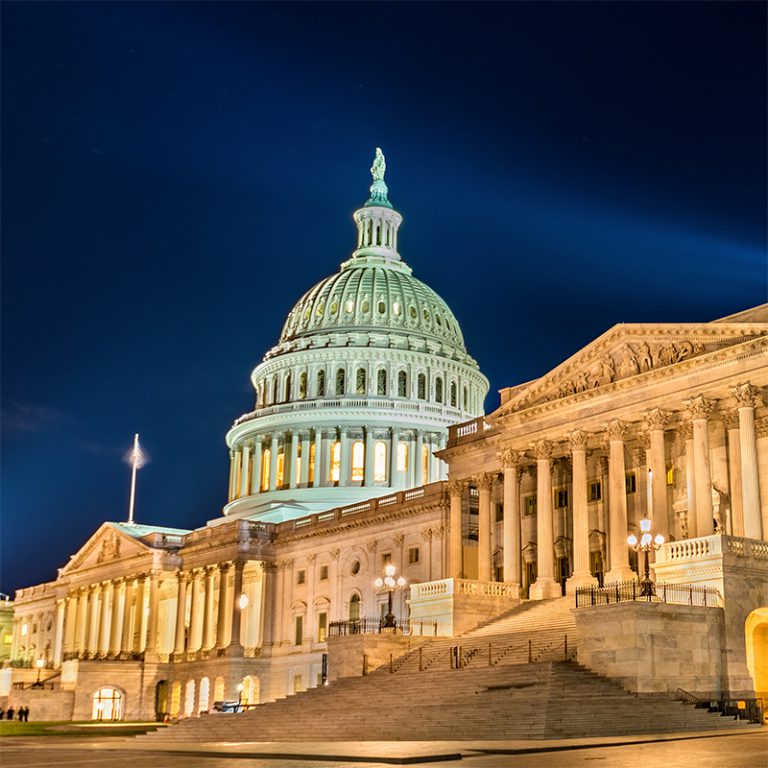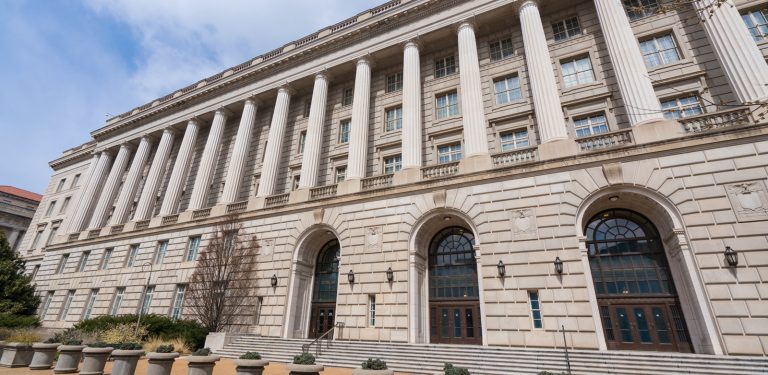Increased corporation regulation in recent decades has raised the likelihood of regulatory oversight spillovers-the extent to which one agency's interactions with a regulated firm affects firm behaviors under the purview of another agency. We study how such spillovers can affect the mission of a specific regulator-the tax authority-using a measure of firm-specific exposure to fragmented regulation.
UNC Kenan-Flagler’s John Gallemore and co-authors found that, among other things, the complexity of the U.S. tax system has a disproportionately negative effect on small, domestic-owned and private firms.

Real Effects of Tax Audits
Tax audits are a necessary component of the tax system, but policymakers and others have expressed concerns about their potentially adverse real effects. Understanding the causal effects of tax audits has been hampered by lack of data and because typically tax audits are not randomly assigned. We use administrative data from random tax audits of small businesses to examine the real effects of being subject to a tax audit.

Does Tax Complexity Discourage Entrepreneurship?
We investigate claims that the complexity of the tax system discourages entrepreneurship. We use the implementation of tax filing assistance centers, which help entrepreneurs file their taxes, as sources of plausibly exogenous variation in the tax complexity effectively facing potential entrepreneurs.

The Secular Decline in Private Firm Leverage
Using firm-level administrative tax data, we document dramatic reductions in private leverage since the Global Financial Crisis, while leverage among public firms rose during this period. Our findings suggest that banks' credit supply plays a prominent role in explaining the leverage pattern of private firms.
UNC Kenan-Flagler Energy Center Director Stephen Arbogast discusses the power of carbon taxes to accomplish several goals for energy producers and consumers alike.

Soda Taxes and Marketing Conduct
Soda taxes are an increasingly popular policy tool, used to discourage purchases of sugar-sweetened beverages. This study analyzes how marketing conduct and its effectiveness might change after soda tax introductions. Prior studies on the effect of soda taxes focus on price increases but neglect other, managerially relevant marketing conduct tools, such as promotional frequency, promotional discount depth, and feature promotion frequency. This study documents how the marketing conduct and its effectiveness changed with the introduction of the tax across more than 200 retail stores in five markets.

This paper studies how corporate tax cuts in developed countries affect economies in the developing world. We focus on one of the most prominent fiscal policies – the corporate income tax regime – and study a major U.K. tax cut as an exogenous shock to foreign investment in Africa.
The Biden administration is proposing significant increases in corporate taxes to finance investments in infrastructure and other priorities. Proposed reforms include a global minimum tax on book income and other changes intended to limit the ability of US multinational companies to reduce US tax by shifting investments and reported profits to low-tax foreign countries. In order to promote a competitive global landscape, the administration is concurrently working with the OECD to recommend its members adopt similar changes.

Join us on Tuesday, May 11, 2021, from 1-2:40 p.m EST for Federal Tax Policy: International Outlook. This webinar, which provides 2.0 CPE credits, is the third in a series of tax policy webcasts jointly hosted by the Kenan Institute-affiliated UNC Tax Center and the AICPA.





In Over Our Head: The Debt Ceiling and Taxes
UNC Tax Center Research Director Jeff Hoopes discusses how the tax system figures into the debt ceiling standoff and why we probably won’t see any dramatic increases in taxes anytime soon.